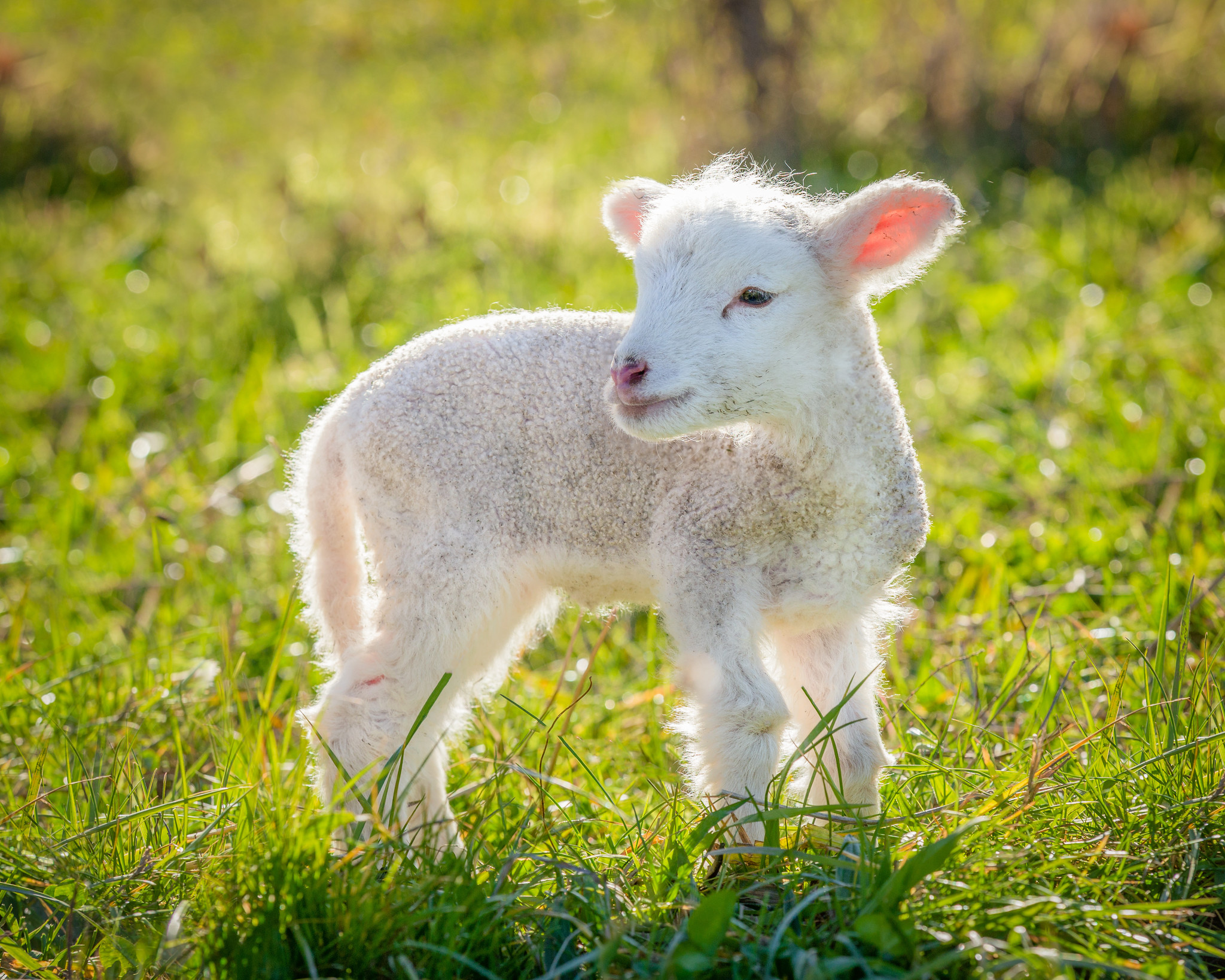Our tips for welcoming newborns
- Posted on
- Posted in Cattle & Sheep
- 0

Like all living things, animals also need special care to preserve their fragile health. This is the case for calves and lambs, whose births deserve special attention, as they are not immune to the risks of mortality. Especially since they are confronted with sudden changes in their environment. Here are some tips and tricks for welcoming newborns.
Birth conditions
Generally, the mother gives birth on the grassland. In this case, the newborns are likely to be born under unfavourable conditions, especially with regard to the weather. However, cold weather is one of the risk factors for calves and lambs, as their fleece is very thin.
However, if the birth takes place in a barn, the conditions can be good enough or improved to have the right temperature. Thus, at birth, newborns should be placed in a place protected from the cold until they are at least two weeks old. If not, a shelter should be provided to protect them from the weather.
Note that during the first few weeks, newborns arrive in good conditions, they can quickly start to stand up and suckle. On the other hand, newborns born by forced extraction or with complications can be very fragile, which requires careful monitoring. Indeed, the slightest drop in temperature can have alarming consequences.
Disinfection of the cord
Be aware that the umbilical cord is very susceptible to bacteria. Neglected birth conditions can lead to serious illness. Bacteria are omnipresent and can travel up the veins to cause liver or bladder abscesses, but above all an infection of the cord called omphalitis. In the most severe cases, the whole body can be contaminated, which could lead to arthritis or septicaemia.
All this means that special care must be taken with the umbilical cord. It is therefore important to prevent bacterial infections by doing a few things. These include disinfection from birth and monitoring the cord.
Prevention of diarrhoea
Newborns often experience neonatal diarrhoea. This can occur during the first four weeks. Diarrhoea can cause serious dehydration in the newborn, as it may not consume enough essential nutrients. In the most severe cases, it can certainly lead to death.
However, it is important to prevent neonatal diarrhoea. There are a few things you can do to prevent it. These include good hygiene of the newborn's environment and proper temperature. It is also important to feed them well to avoid possible nutritional deficiencies.
It is also important not to neglect hygiene and to place newborns in good conditions. This includes good ventilation without draughts and a good temperature between -5°C and 25°C. In addition, comfort is important for the growth of newborns.
Food
This is one of the most important conditions for maintaining the health of newborns. Therefore, from their first day, their diet is usually breast milk. Calves and lambs are able to drink several litres of milk per day.
For calves in particular, their diet is usually breast milk until they are 3 weeks old. From this age onwards, it can eat grass. Later, at the age of 3 months, it can be fed plants and gradually cereals. It can also start to ruminate. However, the calf will not be weaned until 8-12 months of age if it remains with its mother.
Lambs suckle their mothers until they are 4 months old. From the age of 3 weeks onwards, they are fed grass. It is always important to note that newborns can die due to lack of feeding, which requires careful monitoring to maintain their health.


Comments
Be the first to comment...